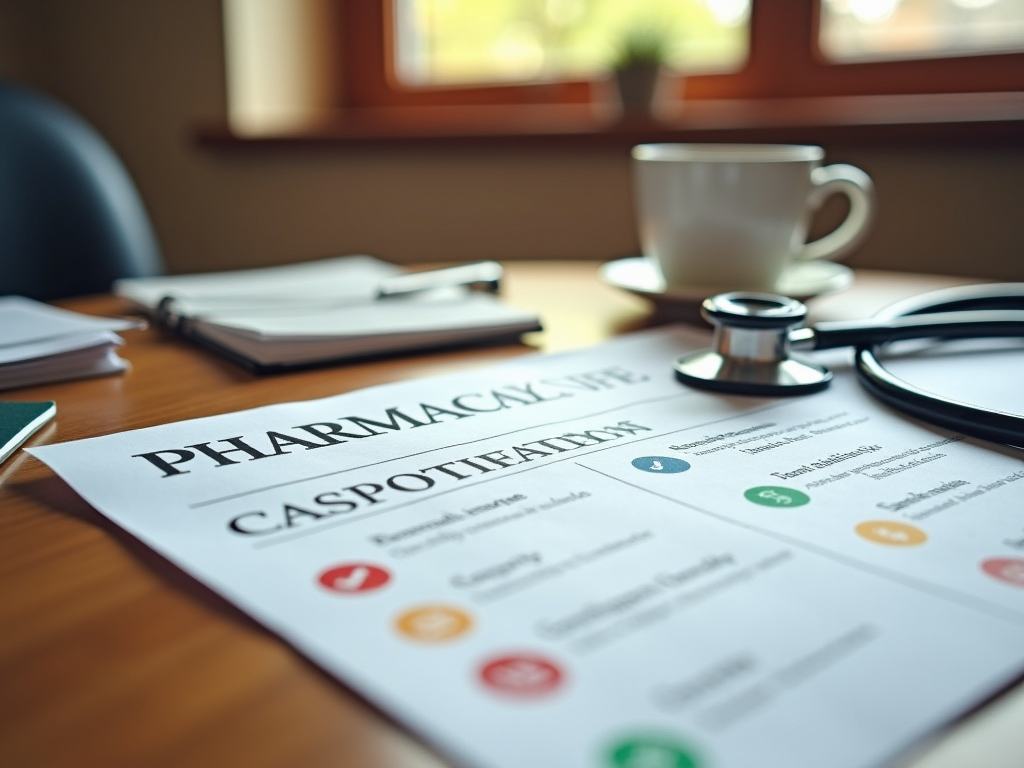A pharmacy license is a legal credential that allows pharmacists to dispense medications, consult with patients, and provide pharmaceutical care. This license is crucial for anyone looking to practice pharmacy, ensuring that professionals meet the necessary educational and ethical standards set by regulatory bodies. In this article, we will dive into the importance of pharmacy licenses, the process of obtaining one, various types of licenses, and the factors that can influence licensing requirements. Additionally, we will provide useful information for prospective pharmacists and answer common questions pertaining to pharmacy licenses.
The Importance of a Pharmacy License

Having a pharmacy license is essential for several reasons:
- Legal Validation: A pharmacy license confirms that a pharmacist is legally allowed to practice in their respective state or jurisdiction.
- Professional Credibility: Holding a pharmacy license establishes credibility among peers, employers, and patients, demonstrating one’s commitment to the field.
- Patient Safety: Licensing ensures that pharmacists possess the necessary knowledge and skills to dispense medications safely and effectively.
- Access to Employment Opportunities: Many healthcare institutions and pharmacies require a valid pharmacy license as a prerequisite for employment.
- Regulatory Compliance: A pharmacy license helps maintain compliance with state laws and regulations concerning the practice of pharmacy.
How to Obtain a Pharmacy License

Obtaining a pharmacy license is a structured process involving several critical steps:
- Complete an Accredited Pharmacy Program: Candidates must graduate from a pharmacy school accredited by the Accreditation Council for Pharmacy Education (ACPE).
- Pass the NAPLEX: The North American Pharmacist Licensure Examination (NAPLEX) is a standardized test that assesses pharmacy knowledge and competencies.
- Pass the MPJE: The Multistate Pharmacy Jurisprudence Examination (MPJE) evaluates knowledge of pharmacy law and regulations.
- Meet State Requirements: Each state may have unique requirements, including background checks and additional examinations. Familiarize yourself with these before applying.
- Apply for the License: Submit the required application to the state board of pharmacy, including any fees necessary.
There are various types of pharmacy licenses, each catering to different aspects of pharmaceutical practice. These include:
- Retail Pharmacy License: Required for pharmacies that sell medications directly to patients.
- Hospital Pharmacy License: Needed for pharmacies operating within hospitals or healthcare facilities.
- Nuclear Pharmacy License: Specialized license for pharmacies that prepare and dispense radiopharmaceuticals.
- Consultant Pharmacy License: For pharmacists who provide consultancy services regarding medication therapy management.
- Telepharmacy License: Necessary for pharmacies that provide services through telecommunication technology.
Factors Influencing Licensing Requirements
Several factors can influence pharmacy licensing requirements across different states or regions:
- State Regulations: Each state has its own set of laws governing pharmacy practice, leading to variability in licensing requirements.
- Educational Background: The level and type of education obtained can impact eligibility for licensure.
- Examination Pass Rates: States may have specific passing scores or additional assessments, influencing the timeline for obtaining a license.
- Criminal History: A criminal record can complicate or impede the licensing process in many jurisdictions.
- Continuing Education: Requirements for ongoing education may differ from state to state, affecting license renewal processes.
Conclusion
In conclusion, a pharmacy license is vital for ensuring that pharmacists are qualified to provide safe and effective care to patients. The process of obtaining a pharmacy license involves rigorous educational requirements, examinations, and adherence to state regulations. Understanding the various types of licenses and the factors that influence them can help aspiring pharmacists navigate their path to licensure successfully. As the healthcare industry continues to evolve, staying informed about licensing trends and requirements is crucial for anyone entering this important field.
Frequently Asked Questions
What is the difference between the NAPLEX and the MPJE?
The NAPLEX assesses a candidate’s pharmacy knowledge and skills, while the MPJE evaluates understanding of pharmacy law and regulations applicable in the candidate’s state.
Do all states require the same licensing process?
No, each state has its own regulations and requirements for pharmacy licensure, so it’s important to check with the state board of pharmacy in your area.
How often do pharmacy licenses need to be renewed?
Most states require pharmacists to renew their license every one to three years, depending on the state’s regulations, often requiring proof of continuing education as part of the renewal process.
Can I practice pharmacy in another state with my current license?
Generally, you cannot practice in another state without obtaining a license from that state; however, some states have reciprocity agreements that may simplify the process.
What role does continuing education play in maintaining a pharmacy license?
Continuing education is crucial for maintaining a pharmacy license as it ensures pharmacists stay updated on advancements and changes in the pharmacy field and regulatory requirements.










